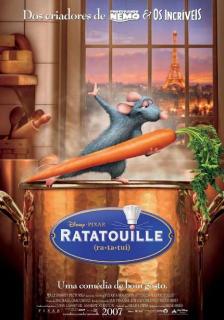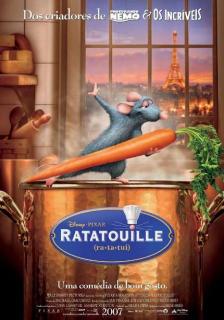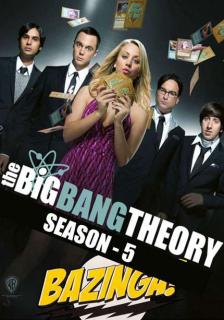a substance that when introduced into or absorbed by a living organism causes death or injury, especially one that kills by rapid action even in a small quantity
毒物,毒药。
【化】 抑制剂。
【物理】 中子吸收剂。
a person, idea, action, or situation that is considered to have a destructive or corrupting effect or influence
有毒害(或危险)的人(或观点、行为、情况)
-
the late 1930s, when Nazism was spreading its poison .纳粹主义传播流毒的20世纪30年代。
administer poison to (a person or animal), either deliberately or accidentally
(故意或偶然)施毒,放毒
-
he tried to poison his wife 他试图毒死他的妻子
-
[as noun
poisoning ]symptoms of poisoning may include nausea, diarrhoea, and vomiting .中毒症状包括恶心、腹泻和呕吐。
adulterate or contaminate (food or drink) with poison
对(食物,饮料)下毒,放毒。
[usu. as adj.
在(武器,投射物)上涂毒。
(of a dangerous substance)kill or cause to become very ill
(危险物质)毒死,毒害
-
swans are being poisoned by lead from anglers' lines .天鹅正在受到垂钓者鱼线上的铅球的毒害。
contaminate or pollute (an area, the air, or water)
污染(地区,空气,水)。
〈喻〉 荼毒,毒化;破坏
-
his disgust had poisoned his attitude toward everyone .他的厌恶之情毒化了他对每个人的态度。
【化】 (物质)减弱,抑制(催化剂)的活性。
-
what's your poison? informal used to ask someone what they would like to drink〈非正式〉 想喝点什么?
"Middle English (denoting a harmful medicinal draught): from Old French

 词典释义:
词典释义:



















